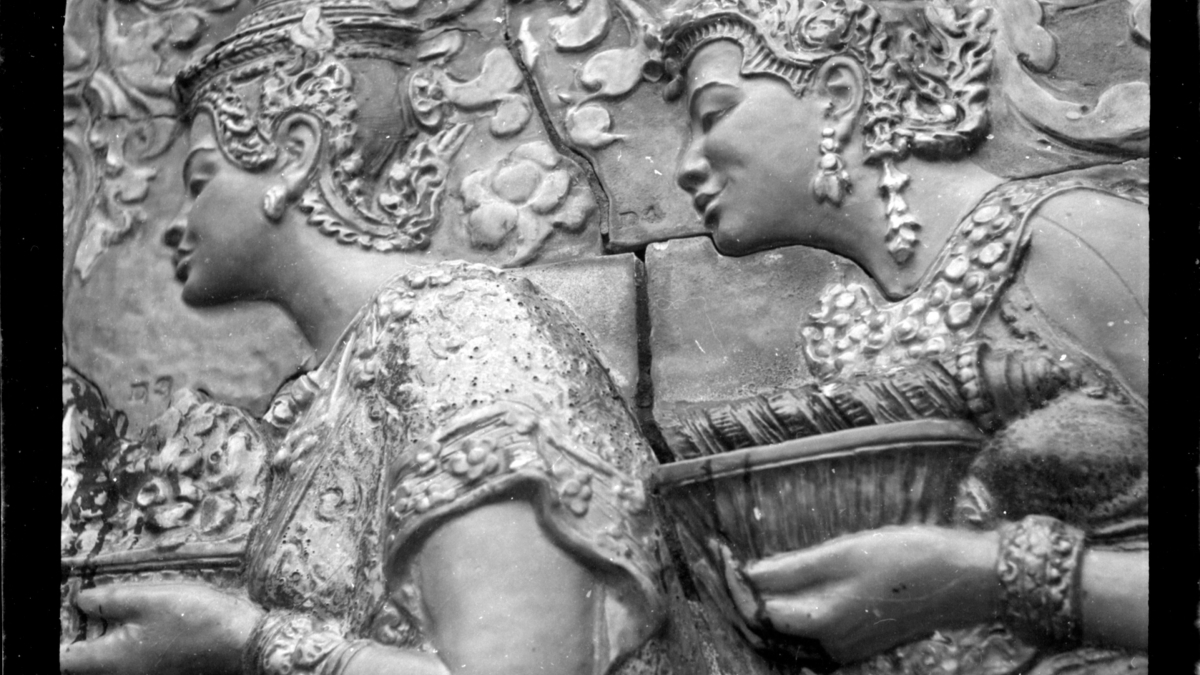Center for Asian Research brings Asian studies to forefront at ASU

Looking for information on ancient Buddhist traditions? Or, are you interested to learn more about Thailand?
Walk over to the Center for Asian Research, located inside of the School of Historical, Philosophical and Religious Studies in Coor Hall on Arizona State University’s Tempe campus.
Established in 1966 by the Arizona Board of Regents, the center supports the Council for South Asia, the Council for East Asia and the Council for Southeast Asia. Together they unite over 70 faculty members from across the university to engage in research related to the study of Asia.
Faculty in Asian studies have been awarded prestigious fellowships and grants from the Guggenheim Foundation, the National Endowment for the Humanities, Title VI grants from the U.S. Department of Education and the Henry Luce Foundation to name a few.
“It is great to work with internationally recognized colleagues who are deeply engaged in the study of Asia," said Juliane Schober, director of the Center for Asian Research and professor of religious studies in the College of Liberal Arts and Sciences. "In the 21st century, Asia’s role in global affairs will continue to grow and so will the need for our students to know about Asian cultures, histories and languages.”
Students also have found a home in the center by pursuing the Asia Studies major, which can be combined with many of the Asian language degrees offered via the School of International Literatures and Cultures. A new multidisciplinary course "Introduction to Asia" has also been recently added to the curriculum. It is just one of many courses on Asia offered at ASU.
The most alluring features of the center, however, can be found all over ASU’s campus. Over the years, a series of unique Asian cultural collections have made their way to the libraries and museums for the public to enjoy.
Housed in the Hayden Library lives the Palgen photographic collection of images Angkor Wat, the ancient capital and Hindu-Buddhist temple complex in Cambodia.
Around the corner in the Special Collections area of the library is the Guardian of the Flame Collection of Sinhalese Buddhist palm leave manuscripts from Sri Lanka. Available to scholars to study, they contain information about ancient Buddhist traditions in South Asia.
The Museum of Anthropology in the School of Human Evolution and Social Change houses the Jane Hanks and William Sage collections of Southeast Asian textiles and jewelry.
“These are rare and curated collections that are unique to ASU,” Schober said.
Lining the walls outside of the center are framed monographs on Southeast Asia and East Asia published over the decades since the creation of the Center for Asian Research, a milestone the faculty members are very proud of.
Complete information on the collections, degree offerings, faculty profiles, events and lectures put on by the center is all available on the newly launched website at car.clas.asu.edu or contact Asia@asu.edu.
The Center for Asian Research is a research unit in ASU's College of Liberal Arts and Sciences.